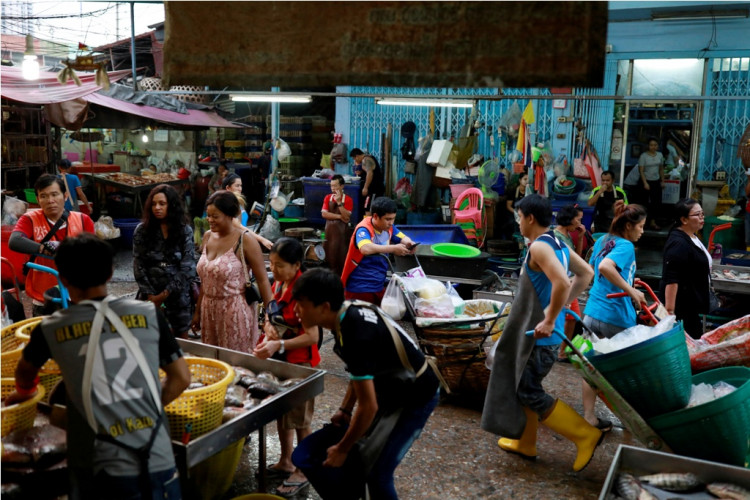The trading ecosystem of fake goods in Southeast Asia is rife, prompting Cambodia and Thailand to work together to stop the continuous rise of exchanging counterfeited products between the countries.
According to the Phnom Penh Post, the two sides came together for the "Workshops for Thai Business in Cambodia on Countering Counterfeit Products" wherein attendees explored the possibilities in preventing fake goods to come through the countries.
Among the fake products that abound in the counterfeit trading business are medicines, car components, textiles, electronic products, and even some types of food.
Thai Ambassador to Cambodia, Panyarak Poolthub, said during the workshop that due to the increasing number of Thai investors coming to the kingdom of Cambodia for business, the efforts in preventing counterfeit goods from entering the country should be fiercer than ever.
In 2018, the trade volume between both sides reached around $8.3 billion. The latest data for the first half of 2019 revealed that trade volume already reached $4.2 billion, which prompted officials to tackle potential issues involving fake goods.
Poolthub noted that one side can't do the job alone. He encouraged the two countries to cooperate well in ensuring that fake goods are prevented from being traded. He said both the Cambodia Counterfeit Committee and the Thai Business Council agreed to unite for the said cause.
For his part in the workshop, Cambodian Ministry of Interior Secretary of State, Meach Sophana, pointed out that imports have increased over the past years. However, reports on fake goods trading have also risen.
Sophana, who is also the President of the Cambodian Counterfeit Committee, said that while counterfeiting of products may not be eliminated overnight, it is the two countries' responsibility to raise awareness about the risky trade.
Aside from protecting the interests of both Thai and Cambodian businesspeople and customers, Sophana said keeping counterfeit products from entering the nations will be a huge attractive aspect for interested investors.
Earlier this month, the ASEAN Post reported that the ASEAN region continues to battle with counterfeit medicines. In Cambodia, some fake medicine brands were found to have traces of ecstasy.
The Pharmaceutical Security Institute (PSI) revealed that from 2013 to 2017, incidents of fake medicines were recorded all throughout the region. Thailand had 110 cases, Indonesia had 93, Vietnam had 49, and the Philippines recorded the most number of incidents with 193 cases.
During the ASEAN Health Ministers' conference in Cambodia last month, Cambodian Defense Minister General Tea Banh noted that one of the biggest challenges the region has to resolve is the outright selling of counterfeit medicine and other goods online.
To help reduce the incidents, Cambodia and Thailand have agreed to strengthen policies and regulations against counterfeit products for the good of citizens.





